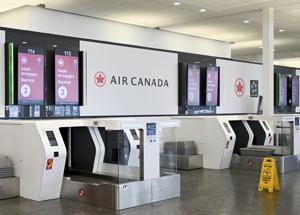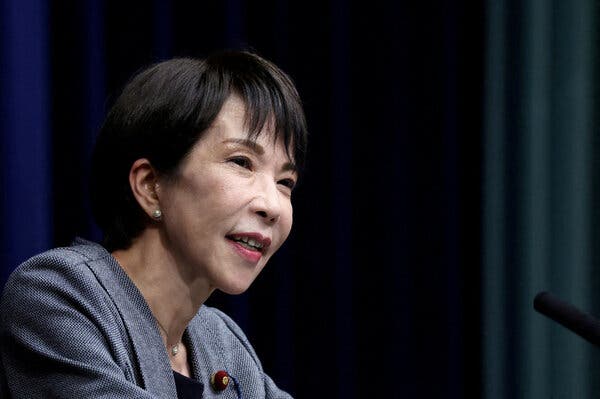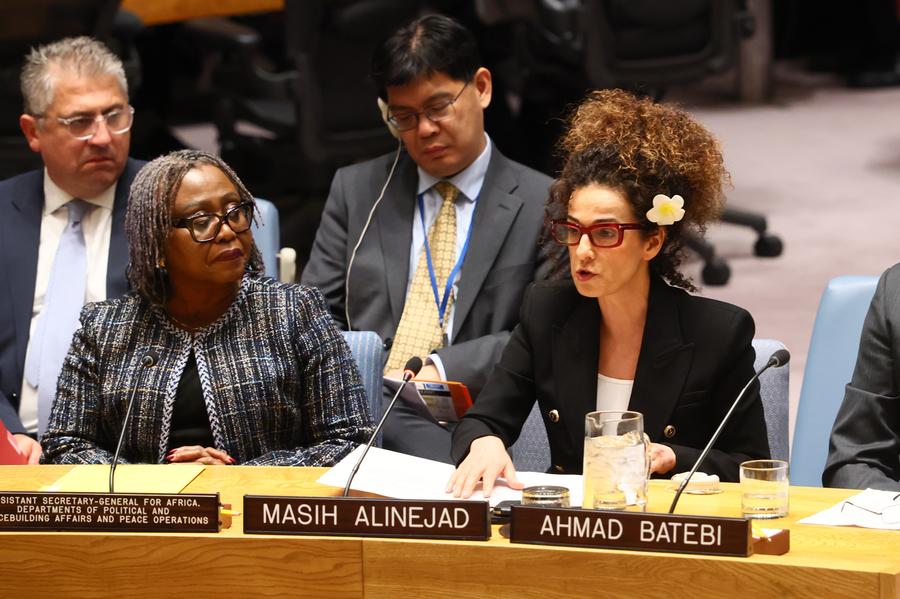
Air Canada has postponed its plans to resume flight operations following a refusal from the union representing its flight attendants to comply with a return to work order. The Canada Industrial Relations Board mandated that airline staff must return by 14:00 on March 10, 2024, after government intervention. The airline initially intended to restart services on the same day but has now announced that flights will not resume until Monday evening.
Union leaders expressed their determination to defy the order. Mark Hancock, national president of the Canadian Union of Public Employees (CUPE), stated outside Toronto Pearson International Airport that the union was standing firm. “Our members are not going back to work,” he asserted, describing the situation as “unfair” and indicating plans to challenge what he termed an unconstitutional order. Hancock criticized Air Canada for its lack of willingness to negotiate, suggesting that the government’s intervention was an attempt to undermine the union’s position.
The federal government, led by Patty Hajdu, Minister of Employment, made a swift response to the walkout, which had begun early on Saturday. She emphasized the need to avoid risks to the economy, especially in light of the significant tariffs imposed by the United States on Canadian goods. Hajdu referred the issue to the Canada Industrial Relations Board, which subsequently extended the existing collective agreement until a new one is negotiated.
As a result of the flight attendants’ strike, Air Canada has faced significant operational challenges. The airline reported that the work stoppage was affecting around 130,000 passengers daily. On Sunday morning alone, Air Canada canceled 494 flights, on top of numerous cancellations from previous days. The airline noted that it could take several days for operations to stabilize, with potential cancellations over the next week as it seeks to readjust its flight schedule.
The dispute has its roots in ongoing contract negotiations between Air Canada and CUPE. The union recently rejected a proposal for government-directed arbitration, which would involve a third-party mediator in the contract talks. Flight attendants began their strike at approximately 01:00 EDT on Saturday, coinciding with Air Canada’s announcement of a lockout at various airports.
In the wake of these developments, the Business Council of Canada and the Canadian Chamber of Commerce have urged government intervention in the negotiations. Hajdu reiterated that her Liberal government is not anti-union, indicating that the standoff between the airline and the union has reached a critical impasse.
Passengers affected by the cancellations can request full refunds through Air Canada’s website or mobile app. The airline has also committed to providing alternative travel arrangements with other carriers where possible, although it cautioned that immediate rebooking may not be feasible due to high demand during the summer travel season.
Contract discussions have been ongoing for approximately eight months, with both parties remaining divided on key issues, particularly concerning pay and compensation for unpaid work performed by flight attendants during downtime. Air Canada’s latest offer included a 38% increase in total compensation over four years, which the airline claimed would make its flight attendants the best compensated in Canada. In contrast, the union has argued that the initial 8% wage increase proposed for the first year does not adequately address inflationary pressures.
As the situation develops, both Air Canada and CUPE face immense pressure to find a resolution that restores normal operations while addressing the concerns of the flight attendants.







